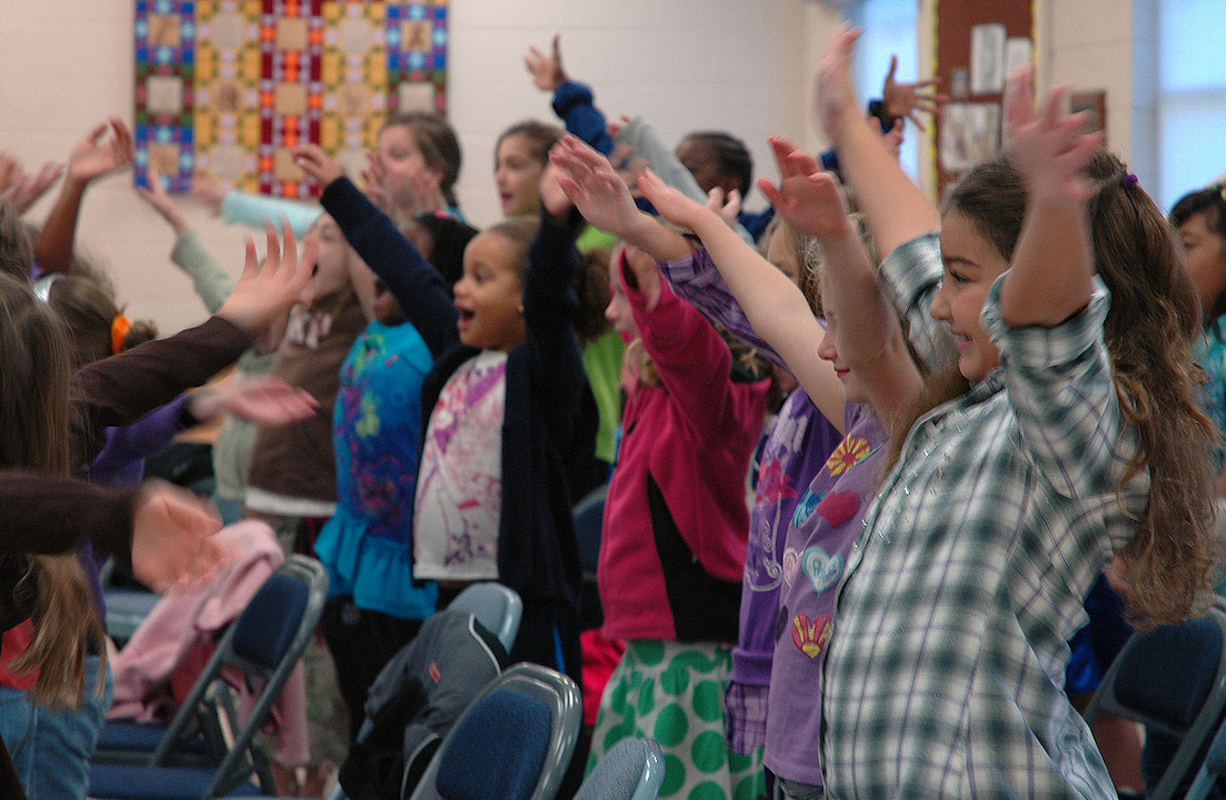
Scientists and educators agree that music, as the often under-appreciated “seventh science”, strengthens many essential areas of a child's development, such as physical coordination, timing, memory, visual, aural, analytical and language skills. In fact, as psychologist Frances Rauscher of University of California–Irvine notes, music appears to strengthen the links between brain neurons and build new spatial reasoning, improving a child’s spatial intelligence. Studies also show that music dramatically improves the type of intelligence needed for high–level math and science.
…these findings are so significant that it will lead to a universal understanding in the next century that music is an absolute necessity for the total development of the brain and the individual.
Dr. Frank Wilson, Assistant Neurology Professor at the University of California School of Medicine, San Francisco, reports his research shows that music connects and develops the motor systems of the brain in a way that cannot be done by any other activity. Data from UCLA brain scan research studies show that music more fully involves brain functions (both left and right hemispheres) than any other activities studied. Dr. Wilson feels these findings are so significant that it will lead to a universal understanding in the next century that music is an absolute necessity for the total development of the brain and the individual. This work bolsters the mission of Children's Chorus of Maryland to make high quality music training accessible and fun for children.
"In early childhood ... [music] seems to improve spatial reasoning, one aspect of general intelligence which is related to some of the skills required in mathematics. While general attainment is clearly affected by literacy and numeracy skills, motivation which depends on self-esteem, self-efficacy and aspirations is also important in the amount of effort given to studying. Engagement with music can enhance self-perceptions but only if it provides positive learning experiences which are rewarding. This means that musical experiences need to be enjoyable providing challenges which are also attainable. Teaching needs to generate an environment which is supportive and sufficiently flexible to facilitate the development of creativity and self-expression. Group music making is also beneficial to the development of social skills and can contribute to health and well-being throughout the lifespan and can therefore contribute to community cohesion providing benefits to society as a whole." 1
Starting music education in early childhood in age-appropriate small-group classes is much more effective and much more enjoyable for the child compared to private voice lessons which are not recommended before puberty. Our twice-weekly classes do not require a steady stream of “homework” and “practice” sessions at home. The children learn easily and effortlessly in a supportive and playful environment at CCM.
__________
Or reach us by phone at (410) 494-1480